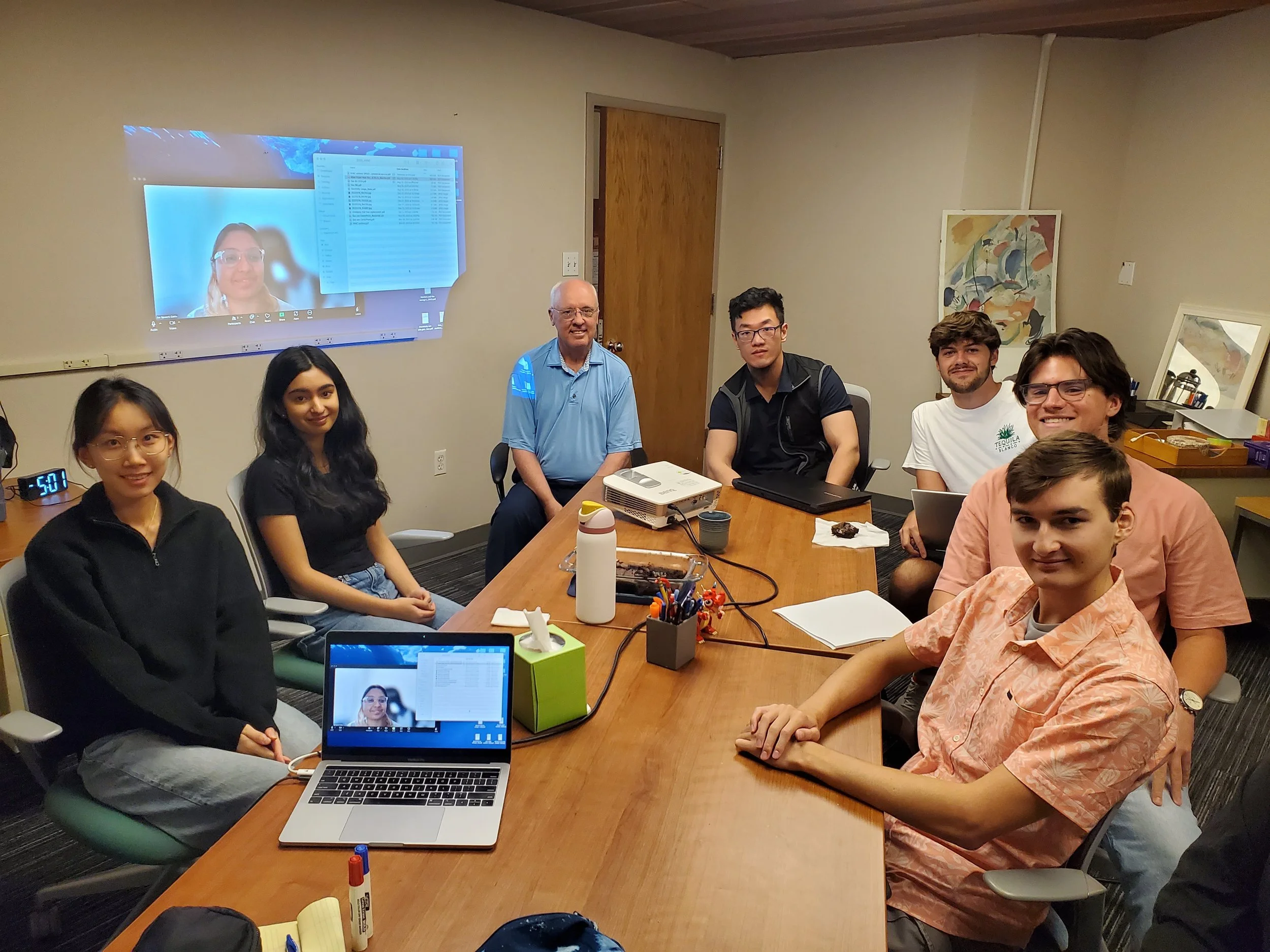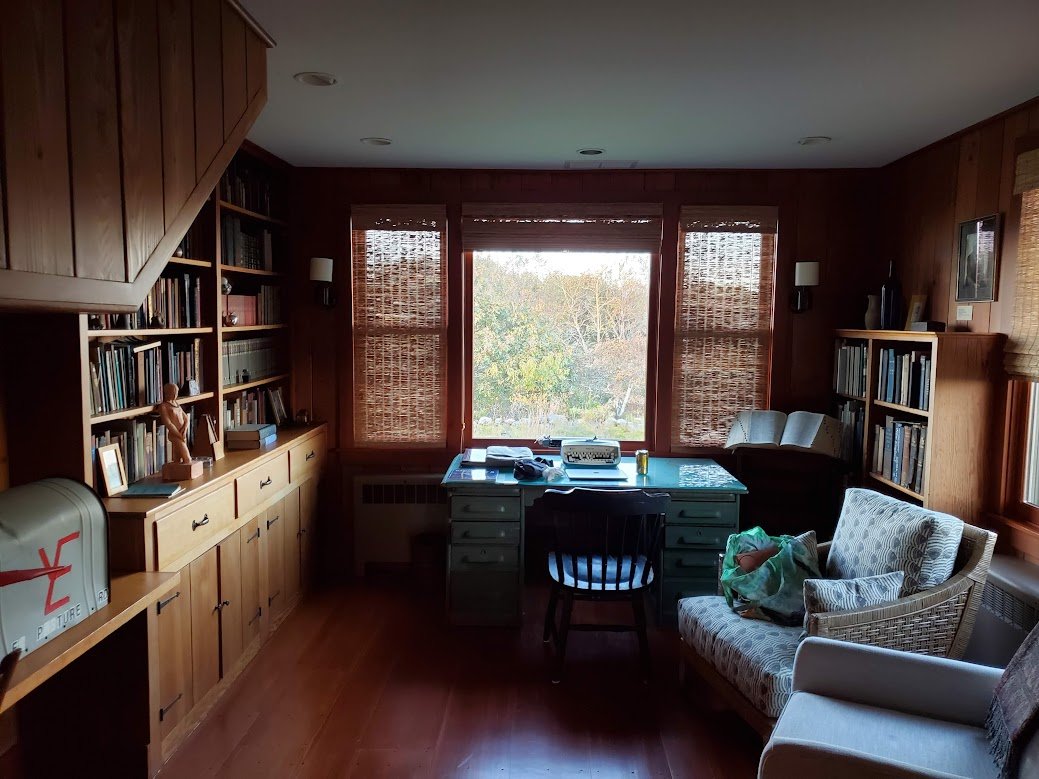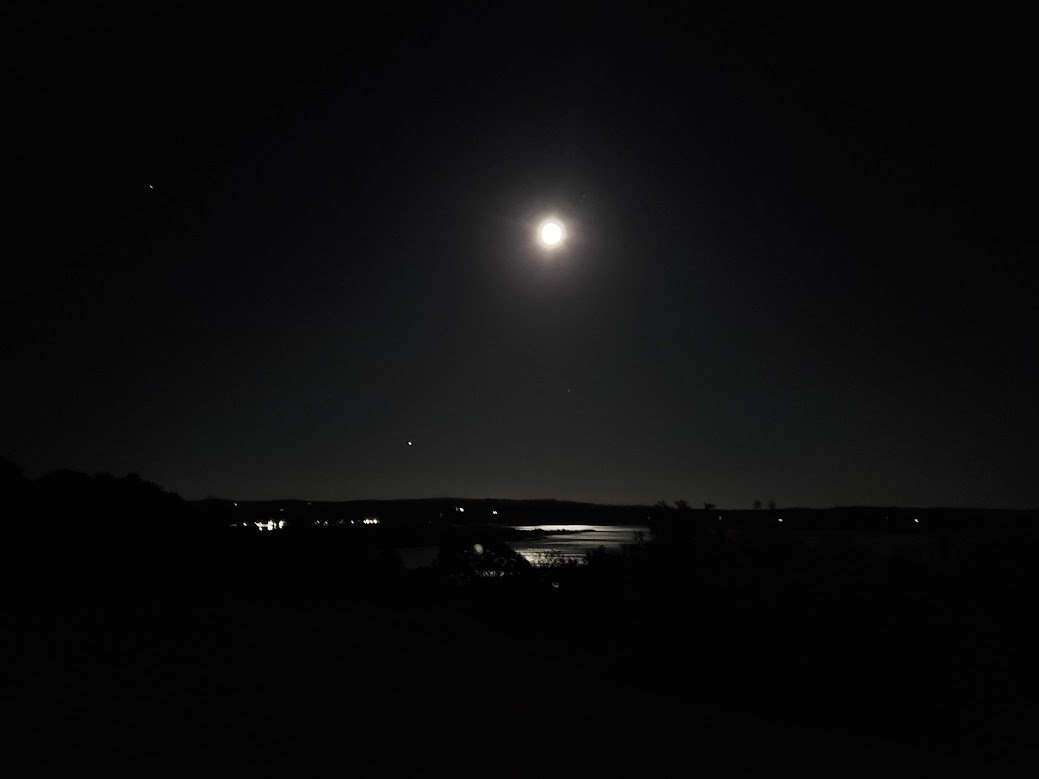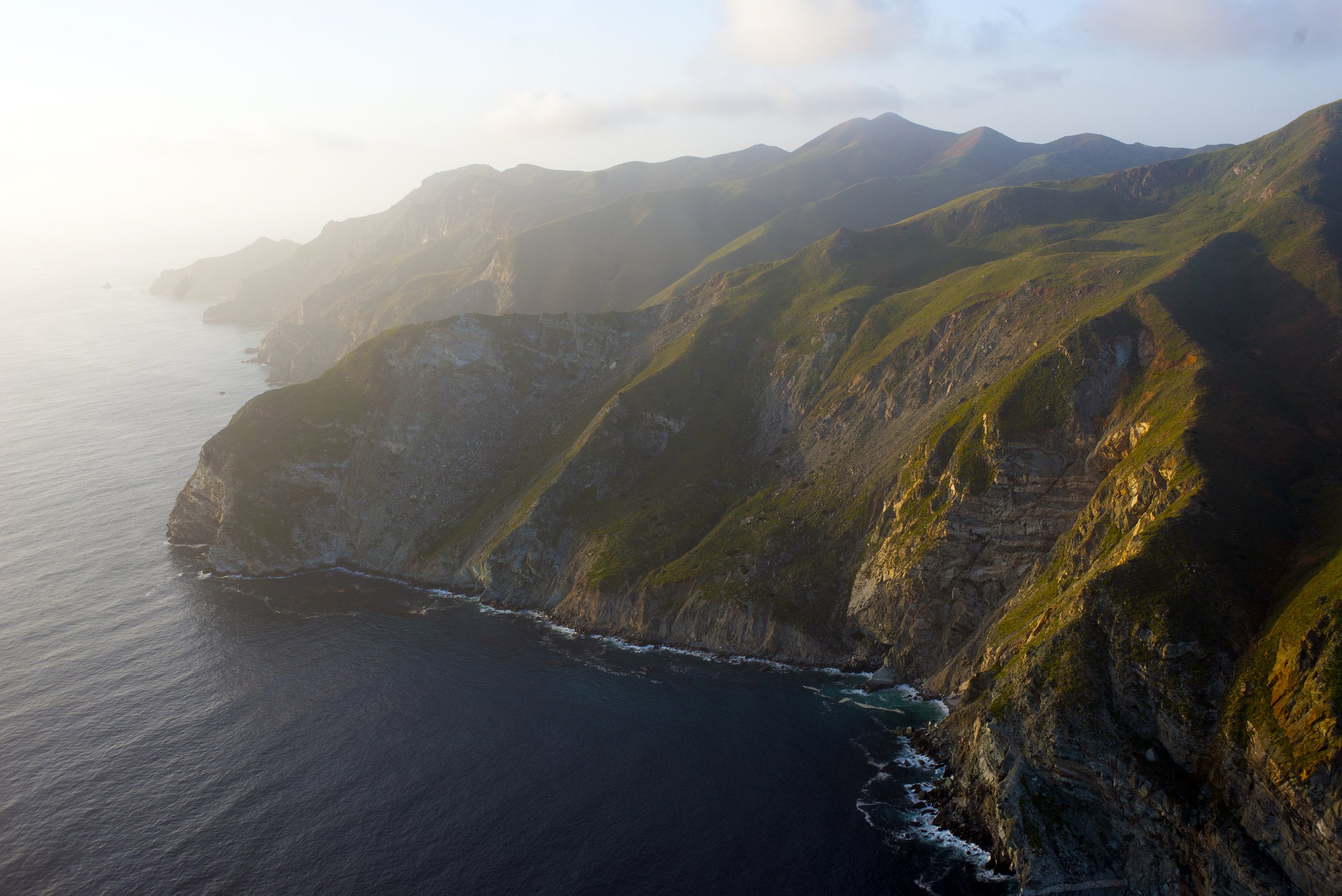Paper: Climatic Change
Press release: O’Neill
Authors: Shahzeen Z. Attari, Benjamin A. Motz, Apramay Mishra, Grace K. Brautigam, Ty Trapp, and John D. Graham
Abstract: Consumer adoption of electrification technologies such as electric vehicles (EVs) and heat pumps (HPs) is critical for mitigating climate change. While previous research has focused on demographic factors, incentives, and technology attributes, we do not yet understand how consumers' ability to discern fact from fiction about these technologies relates to their adoption interest. In a preregistered study, we conducted an online national U.S. survey (n = 861) to investigate relationships between adoption interests and participants’ ability to discern true and false narrative statements about EVs and HPs. Our results show distinct consumer segments and reasons for technology adoption. We also find that adoption interest is not significantly associated with participants’ ability to discriminate accurate information about the technologies. Surprisingly, technology owners are less accurate than non-owners, being more likely to endorse false positive narrative statements and less likely to endorse correct negative narrative statements, regardless of technology. The disconnect between adoption and accuracy suggests that efforts to promote these technologies should focus beyond information provision to also address consumers’ biases. Politically liberal participants were biased toward positive statements, while politically conservative participants were biased toward negative statements about these technologies, again indicating confirmation bias. This bias is far stronger for EVs than HPs, given that HPs are broadly less familiar and less politically polarizing. Our work shows how participants systematically succumb to confirmation bias when navigating information which can dramatically shape adoption interest.
🙏🏽 Our work is supported by the Paul H. O’Neill professorship awarded to S.Z.A. at the O’Neill School of Public and Environmental Affairs and the Cox Research Scholarship program at Indiana University Bloomington for funding T.T. We also thank Diksha Singh and Lucas Giese for research assistance. The authors would like to thank each of our expert, novice, and pretesting participants for completing our survey.























